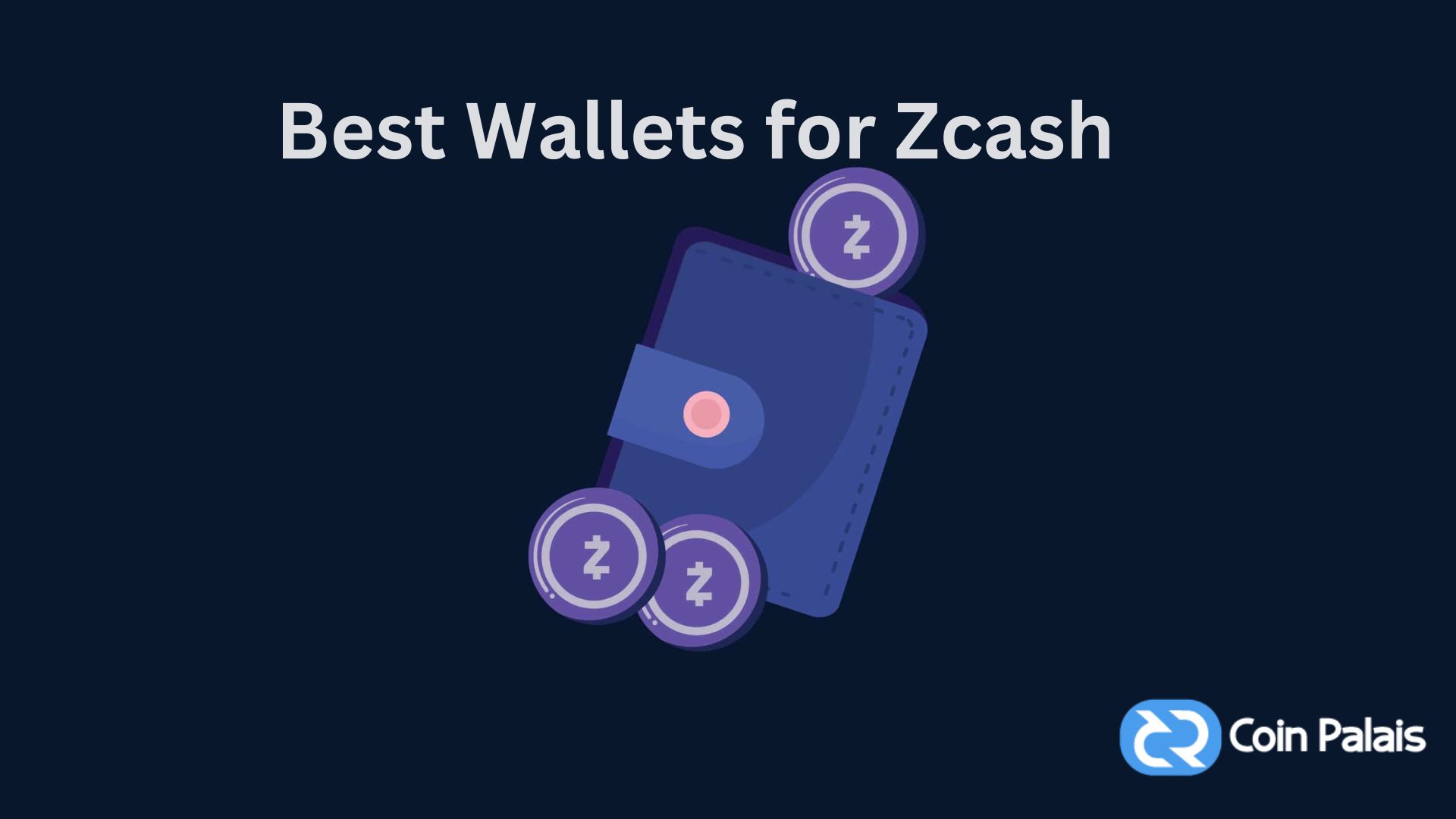How to Get a Crypto Wallets License?

How to Get a Crypto Wallets License? Crypto Wallets license cryptocurrency wallets are an excellent choice for users who prioritize transparency, security, and community-driven development. However, whether they are “better” for you depends on your familiarity with cryptocurrency technology, your willingness to take responsibility for your wallet’s security, and your specific use case. It’s essential to research and choose a wallet that aligns with your needs and preferences, whether it’s open-source or closed-source.
What Is A license-free Cryptocurrency Wallet?
A license-free crypto wallet is like a special app on your computer or phone. This app helps you keep, send, and get digital money, such as Bitcoin or Ethereum.
The unique thing about it being “open-source” is that the computer programs that make the app work are free for everyone to look at, change, and share. It’s a bit like having a recipe for a cake that anyone can see and adjust. Unlike closed-source or proprietary wallets that keep their code under wraps, license-free cryptocurrency wallets are special because their source code is freely accessible to anyone.
This type of software is usually made by many people working together, like a team of bakers making a cake together. And because the recipe is open for anyone to see, it’s like everyone can know exactly what’s in the cake.
For example, if you’re good at baking and have a better idea to improve the cake recipe, you can change it and share your new recipe with others.
Benefits of license-free Cryptocurrency Wallets:

- Enhanced Security and Trust: The foremost advantage of open-source wallets is the heightened security they provide. Since the code is open to public inspection, security experts, developers, and the community can quickly spot and fix vulnerabilities. This transparency instils trust in users, knowing that there are no hidden agendas.
- Protection from Malicious Code: Closed-source wallets might harbour hidden flaws or malicious code that could be exploited. Open-source wallets are less prone to such risks because vigilant eyes can spot any hidden traps. This reduces the chances of falling prey to scams or hacks.
- Independence and Control: Open-source wallets give you complete control over your cryptocurrency holdings. You’re not reliant on a third party for the safety of your assets. With open-source software, you can independently verify how the wallet operates, ensuring it aligns with your intentions.
- Community Oversight: Open-source projects benefit from passionate communities of developers and users. These communities actively contribute to the wallet’s development, constantly enhancing its features and security. This collective effort results in a robust wallet ecosystem.
- Customization: Open-source wallets often offer high levels of customization. Savvy users can tweak the code to tailor the wallet to their unique needs. This flexibility ensures the wallet can adapt to various scenarios and individual preferences.
- Compatibility and Accessibility: Open-source wallets typically work across a wide range of devices and operating systems. Whether you’re on a desktop, mobile, or hardware wallet, you’re likely to find an open-source wallet that suits your requirements. Plus, many of these wallets are available for free, making them accessible to users with different budgets.
Examples of license-free Cryptocurrency Wallets:
- Electrum: Known for its speed and reliability, Electrum is a renowned open-source Bitcoin wallet. It offers features like multi-signature support and compatibility with hardware wallets.
- MyEtherWallet (MEW): As an open-source Ethereum wallet, MyEtherWallet lets you manage Ethereum-based tokens. Its user-friendly interface and robust security features make it a top choice.
- Exodus: This versatile, open-source wallet supports multiple cryptocurrencies. It combines sleek design with user-friendliness, catering to both novices and experts.
- Trezor Model T: Although primarily a hardware wallet, the Trezor Model T’s firmware is open source. It offers top-tier security for various cryptocurrencies.
In Conclusion:
Opting for an open-source cryptocurrency wallet is a prudent move for anyone navigating the world of cryptocurrencies. The transparency, security, and community-driven development of these wallets provides peace of mind, ensuring your digital assets are well-protected. By choosing open-source wallets, you not only shield your investments but also contribute to the growth and evolution of the cryptocurrency ecosystem. It’s a win-win for both security and the crypto community.





